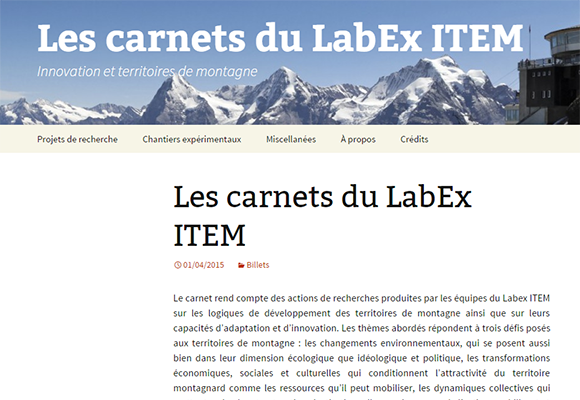Ouvrage
Being innovative regarding the sensitive question of accidents in mountain sports

The effectiveness of sport accidents prevention is often considered in terms of communication strategies, in relation with the good enunciation, the correct reception, and ideally, the appropriation of prevention messages and safe methods by participants. The accuracy of these strategies depends on thorough knowledge of accident frequencies, of typical circumstances and risk factors, and of the origins of accident sequences (Bahr & Krosshaug, 2005; Rasmussen & Svedung, 2000).
Unfortunately, according to recent studies on mountain leisure and recreation (Soulé et al., 2014), the knowledge of accident facts, causes, and consequences in mountain sports seems perfectible. More than the quantity of information produced, sometimes important, the fragmentation of sources, the heterogeneous methodologies used to collect information, and the data availability, are problematic for a meaningful use of accident data. Corporative, institutional, methodological or judicial stakes are pregnant when it comes to accidents and can partly explain this fragmented picture of accidentology (Soulé et al., 2015).
With this in mind, we present here an alternative way: incidentology. The study of not only accidents, but also of incidents (or near-miss sequences), is liable to lessen some of the blocks to accident reporting and to circumvent some of the stakes at play. It appears as a somewhat dedramatized way to improve knowledge of accident sequences. Inspired by experience feedback methods as used in industrial settings[1], it consists in grasping the preventive value of problematic situations, which could have escalated to an accident but where worse outcomes have been avoided, without having to face the emotional and juridical charge inherent to accidents. Moreover, incidents, much more frequent than accidents (not to say commonplace), provide a greater pool of data to comprehend accidentology .
Références
Auteurs :
Editeur : Les carnets du LabEx ITEM
Date de publication : 16/02/2017

 Facebook
Facebook Forward
Forward Google+
Google+ LinkedIn
LinkedIn Twitter
Twitter


